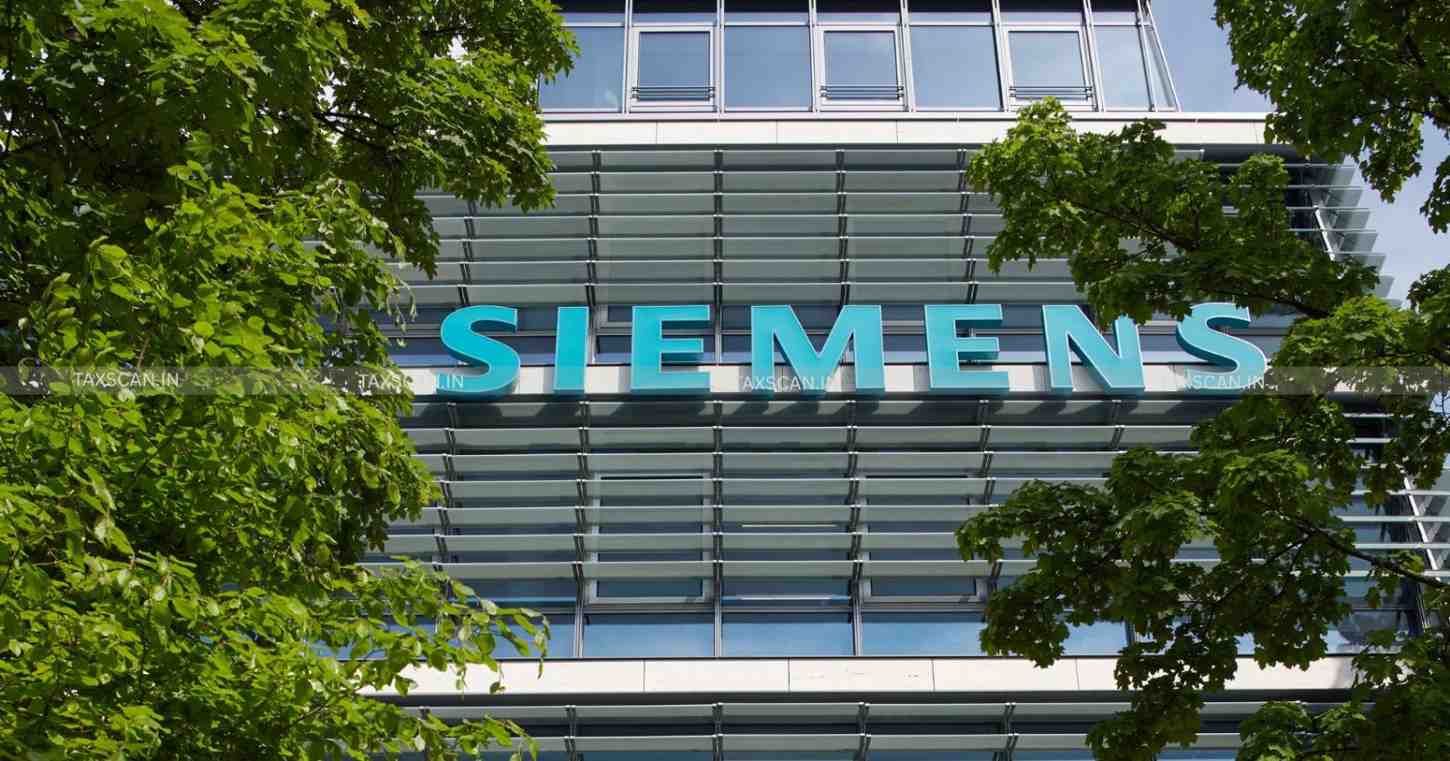Relief to NHAI: ITAT Quashes Income Tax Penalty beyond 6 Months as Time-Barred & Unsustainable after Deletion of Quantum Addition [Read Order]
ITAT held that there remained no subsisting cause for the penalty to stand as the quantum addition itself had been deleted by the AO in rectification
![Relief to NHAI: ITAT Quashes Income Tax Penalty beyond 6 Months as Time-Barred & Unsustainable after Deletion of Quantum Addition [Read Order] Relief to NHAI: ITAT Quashes Income Tax Penalty beyond 6 Months as Time-Barred & Unsustainable after Deletion of Quantum Addition [Read Order]](https://images.taxscan.in/h-upload/2025/11/03/2101992-itat-lucknow-nhai-relief-to-nhai-income-tax-penalty-taxscan.webp)
The Lucknow Bench “A” of the Income Tax Appellate Tribunal (ITAT) recently granted relief to the National Highways Authority of India (NHAI) by quashing a penalty of ₹10,61,318 imposed under Section 271C of the Income Tax Act, 1961, holding that the penalty order was time-barred as it was passed beyond the statutory six-month limitation under Section 275(1)(c), and was further unsustainable since the underlying quantum addition forming the basis of the penalty had been deleted in rectification proceedings.
 Also Read:Royalty and FTS Taxable on Receipt Basis Only: ITAT Follows Consistent Precedent in Favour of Siemens AG [Read Order]
Also Read:Royalty and FTS Taxable on Receipt Basis Only: ITAT Follows Consistent Precedent in Favour of Siemens AG [Read Order]
The dispute originated from an order passed under Sections 201(1) and 201(1A) of the Income Tax Act on 28 March 2019, wherein the Assessing Officer (TDS) found that NHAI, Kanpur had failed to deduct tax at source (TDS) as required under Chapter XVII-B.
On the same date, the Additional Commissioner of Income Tax (TDS) referred the matter for the levy of penalty under Section 271C. Subsequently, by an order dated 15 November 2019, the Deputy Commissioner/Additional CIT (TDS) imposed a penalty of ₹10,61,318 on NHAI for the alleged default in deduction of tax.
 Also Read:Unexplained Cash Deposits and Status of Resident Not Verified on Merits: ITAT Remands ₹1.17 Crore Addition [Read Order]
Also Read:Unexplained Cash Deposits and Status of Resident Not Verified on Merits: ITAT Remands ₹1.17 Crore Addition [Read Order]
NHAI challenged the penalty before the Commissioner of Income Tax (Appeals)/National Faceless Appeal Centre (NFAC) which upheld the penalty order, leading to the present appeal.
Rakesh Garg appeared for NHAI and contended that the AO had subsequently passed a rectification order under Section 154, deleting the quantum addition that had formed the very basis of the penalty proceedings. Once the rectification was carried out and the income assessed at nil, the penalty imposed under Section 271C could not survive.
It was further argued that the penalty order was barred by limitation under Section 275(1)(c), which mandates that no penalty shall be imposed after six months from the end of the quarter in which the proceedings were initiated or the reference for penalty was made.
Amit Kumar, representing the Revenue, fairly conceded that the Assessing Officer had carried out the necessary rectification.
The Bench of Kul Bharat, Vice President and Nikhil Choudhary, Accountant Member examined Section 275 of the Act pertaining to limitation provisions; the Bench observed that the reference for penalty had been made on 28 March 2019 and accordingly, the order should have been passed on or before 30 September 2019 - within six months from the end of that quarter.
However, the penalty order was passed only on 15 November 2019, after the passage of six months and thus the Tribunal held that it was clearly barred by limitation under Section 275(1)(c).
 Also Read:Shortest Road Distance Measurement to Ascertain Agricultural Land Sale: ITAT drops Addition by Rs 73.3 Lakhs [Read Order]
Also Read:Shortest Road Distance Measurement to Ascertain Agricultural Land Sale: ITAT drops Addition by Rs 73.3 Lakhs [Read Order]
The Tribunal further buttressed that as the quantum addition itself had been deleted by the AO in rectification, there remained no subsisting cause for the penalty to stand. The Revenue had not refuted the factual deletion of the addition, nor was any legal justification shown for sustaining the penalty.
Holding that the penalty was both time-barred and rendered infructuous after deletion of the quantum addition, the ITAT set aside the penalty order and allowed the appeal in favour of NHAI.
Support our journalism by subscribing to Taxscan premium. Follow us on Telegram for quick updates


